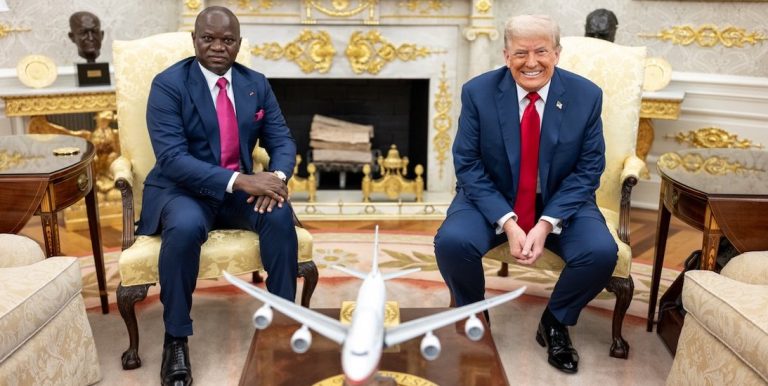
Irony Abounds as Conflict-Ridden Countries Back U.S. President for Peace Prize Amid Shared Histories of Turmoil. Dictators and War Criminals Love Trump!
New York, N.Y. – In the grand theater of international politics, where irony often takes center stage, a peculiar alliance has emerged.

Seven nations—Armenia, Azerbaijan, Cambodia, Gabon, Israel, Pakistan,
and Rwanda—stand united not in war or diplomacy, but in their
endorsement of U.S. President Donald Trump for the Nobel Peace Prize.
These countries, each bearing the scars of major conflict, genocide, or mass violence in recent decades, share another distinction: none has ever installed a woman as head of state or head of government in their modern eras.
As the world grapples with ongoing quests for gender parity and lasting peace, this collective nomination raises eyebrows, prompts chuckles, and invites deeper scrutiny into the paradoxes of power.
The nominations, announced over the past few months leading up to August 2025, come on the heels of Trump’s high-profile diplomatic interventions.
From brokering a fragile ceasefire in the Caucasus region between Armenia and Azerbaijan to facilitating dialogues that halted escalating tensions in Southeast Asia and Africa, Trump’s administration has claimed credit for averting further bloodshed.
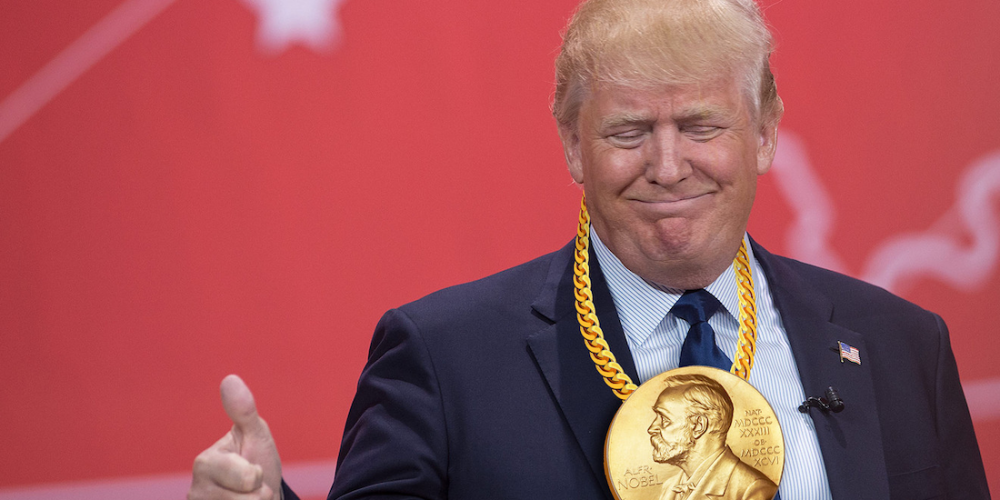
Yet, the irony is palpable: these endorsers, whose political landscapes remain dominated by male figures, are championing a leader whose own tenure has been marked by divisive rhetoric and policies that some critics argue exacerbate global divisions rather than heal them.

Consider the optics. The Nobel Peace Prize, established in 1901 by Alfred Nobel‘s will, honors those who have “done the most or the best work for fraternity between nations, for the abolition or reduction of standing armies and for the holding and promotion of peace congresses.”
Past recipients include luminaries like Martin Luther King Jr., Mother Teresa, and Nelson Mandela—figures synonymous with humility, inclusivity, and tireless advocacy for the marginalized.
Trump, with his bombastic style and history of inflammatory statements, seems an unlikely fit.
But in a world where peace prizes have occasionally gone to controversial figures (think Henry Kissinger in 1973 amid the Vietnam War), perhaps this nomination fits a pattern of rewarding realpolitik over idealism.
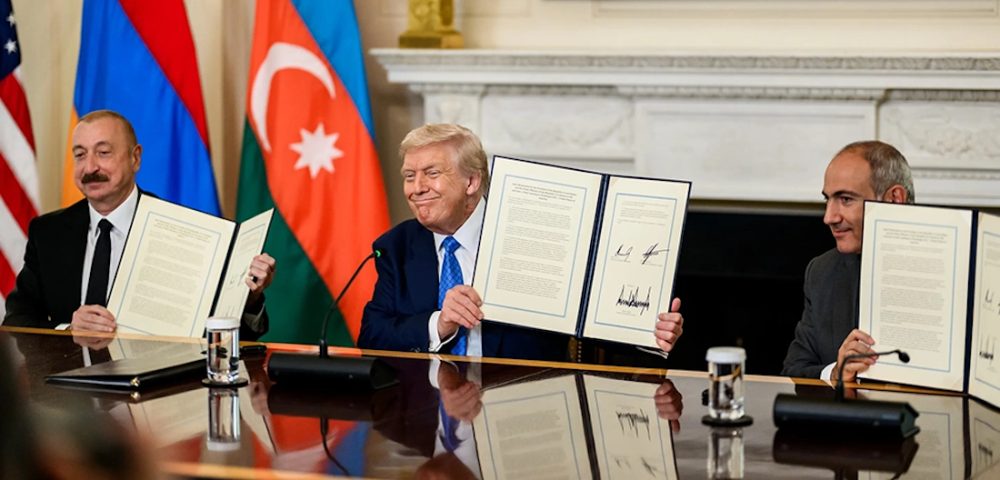
The Exclusive Club: Nations Barred to Female Leadership
Delving into the shared trait of these nominators reveals a stark gender imbalance that persists in the 21st century. According to data from the United Nations, as of mid-2025, over 100 member states have never elevated a woman to the pinnacle of executive power.
The seven in question exemplify this trend, their political systems entrenched in patriarchal structures that have weathered colonialism, independence struggles, and internal upheavals without yielding to female authority.
Take Armenia, a nation reborn from the ashes of the Soviet Union in 1991. Its leadership has cycled through male presidents and prime ministers, even as women have played pivotal roles in civil society and the 2018 Velvet Revolution.
Similarly, Azerbaijan, oil-rich and strategically positioned, has been governed exclusively by men since its independence, with the Aliyev family holding sway for decades.
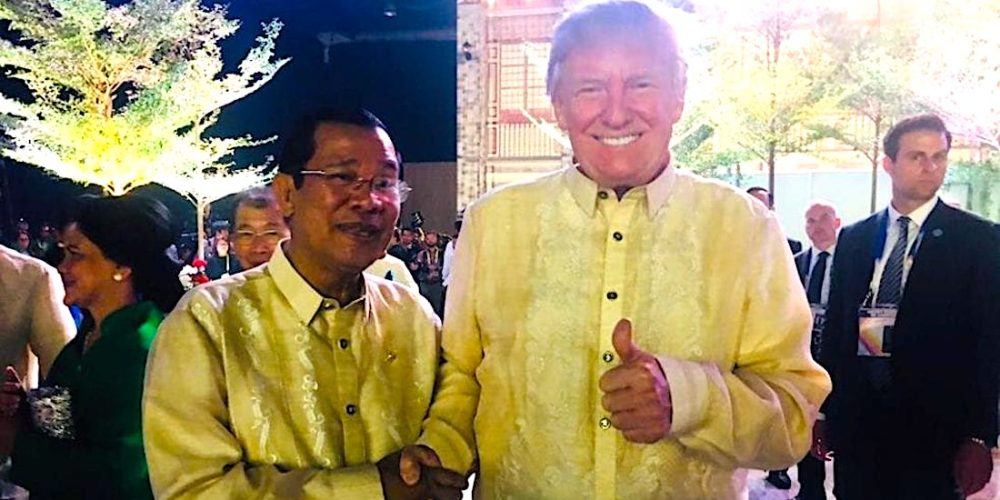
Cambodia, still healing from the horrors of the Khmer Rouge regime in the 1970s, which claimed up to 2 million lives (about 25% of the population), has seen no female prime minister or king in its modern constitutional monarchy.
Gabon, in Central Africa, transitioned from French colonial rule in 1960 but remains under male-dominated rule, with recent coups underscoring instability.
Israel, founded in 1948 amid partition and conflict, has had male leaders steering its parliamentary democracy through wars and peace processes.
Pakistan, born in 1947 from the partition of India, has navigated military dictatorships and democratic experiments without a female head—though women like Benazir Bhutto came close in influential roles.
Rwanda, post-1994 genocide that killed nearly 800,000 people in 100 days, has rebuilt under strong male leadership, boasting one of the highest percentages of women in parliament (61% as of 2025) yet no top executive.
This absence of female leadership is not mere coincidence. Scholars attribute it to cultural norms, religious influences, and systemic barriers that prioritize male heirs in politics.
In these nations, women often excel in education and the workforce—Rwanda‘s female literacy rate stands at 73%, surpassing many peers—but the glass ceiling at the apex remains intact.
The irony deepens when considering that global studies, such as those from the World Bank, show countries with female leaders often experience lower corruption rates and more inclusive policies.
Yet here, these male-led governments are nominating Trump, a figure whose administration has been critiqued for rolling back women’s rights protections in the U.S., including restrictions on reproductive health funding.
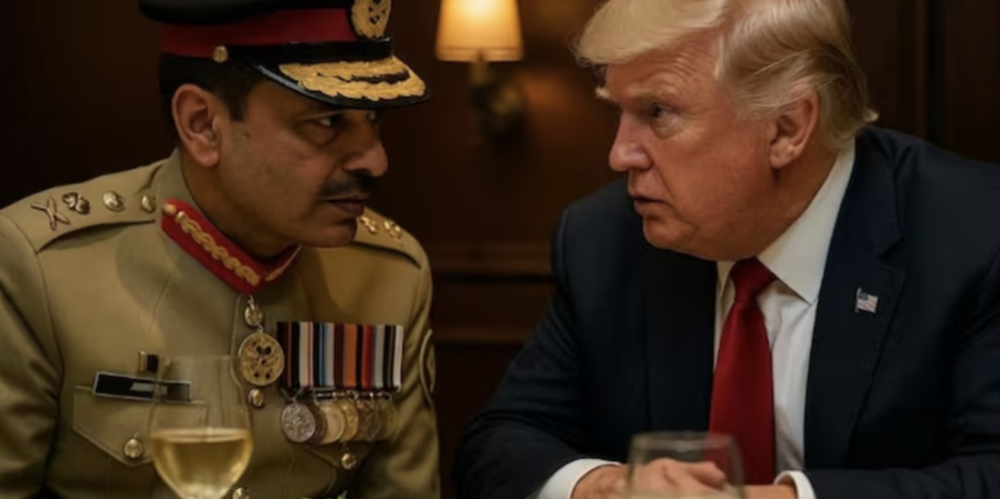
Scars of Conflict: A Common Thread of Violence
Beyond gender disparities, these seven nations are bonded by histories of profound turmoil, where violence has reshaped societies and left enduring legacies. Each has endured events that tested the limits of human resilience, often with international ramifications.
Armenia and Azerbaijan‘s enmity traces back to the Nagorno-Karabakh conflict, erupting in the late 1980s and flaring again in 2020 and 2023, displacing tens of thousands and claiming over 7,000 lives in the latest rounds.
The region, spanning about 1,700 square miles (4,400 square kilometers), has been a flashpoint for ethnic tensions, with accusations of war crimes on both sides.
Cambodia‘s nightmare under Pol Pot‘s Khmer Rouge from 1975 to 1979 involved forced labor camps, executions, and starvation, reducing the population by an estimated 21%. Recovery has been slow, with landmines still littering 1,544 square miles (4,000 square kilometers) of territory, posing risks to civilians.
Gabon has faced political violence, including a 2023 coup that ousted the long-ruling Bongo family, amid allegations of electoral fraud and resource exploitation. Oil revenues, totaling US$5 billion (CFA 3 trillion) annually, have fueled inequality rather than stability.
Israel‘s existence has been defined by conflicts, from the 1948 War of Independence to ongoing tensions with Palestine, including the 2023-2024 Gaza escalation that resulted in over 40,000 deaths. Defense spending consumes 5.3% of GDP, one of the highest globally.
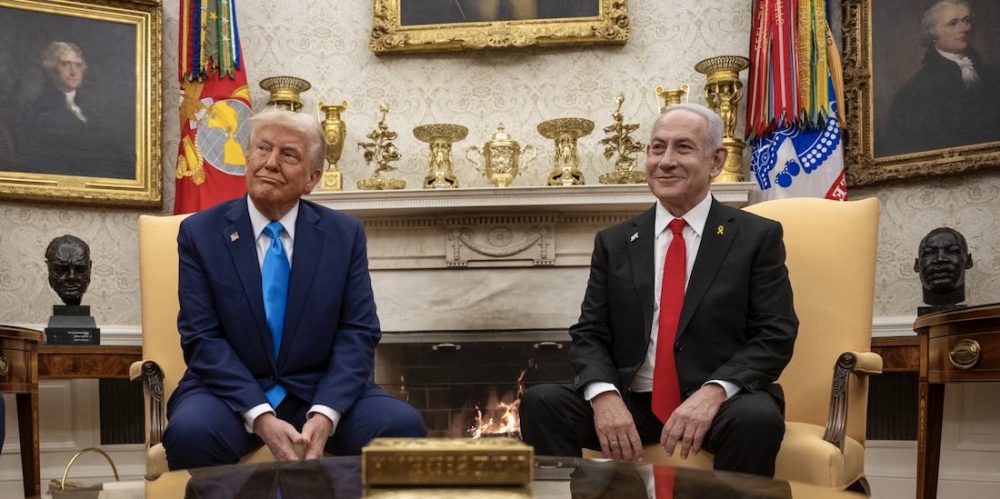
Pakistan has weathered partition violence in 1947, which displaced 14 million and killed up to 2 million, followed by wars with India in 1965, 1971 (leading to Bangladesh‘s independence), and 1999. Internal strife, including the Taliban insurgency, has claimed over 80,000 lives since 2001.
Rwanda‘s 1994 genocide, orchestrated by Hutu extremists against Tutsi and moderate Hutu, was a frenzy of machete-wielding militias, with international inaction drawing global shame. Reconciliation efforts have reduced poverty from 78% in 1994 to 38% in 2025, but ethnic divides linger.
In each case, these traumas have fostered resilient yet cautious societies, where peace is prized but elusive. Nominating Trump, who has boasted of his “tough guy” approach to diplomacy—often involving tariffs, threats, and unilateral withdrawals—seems counterintuitive.
His role in the August 8, 2025, White House summit that led to the Armenia-Azerbaijan ceasefire, for instance, involved heavy U.S. mediation, yet critics argue it prioritizes short-term deals over sustainable justice.
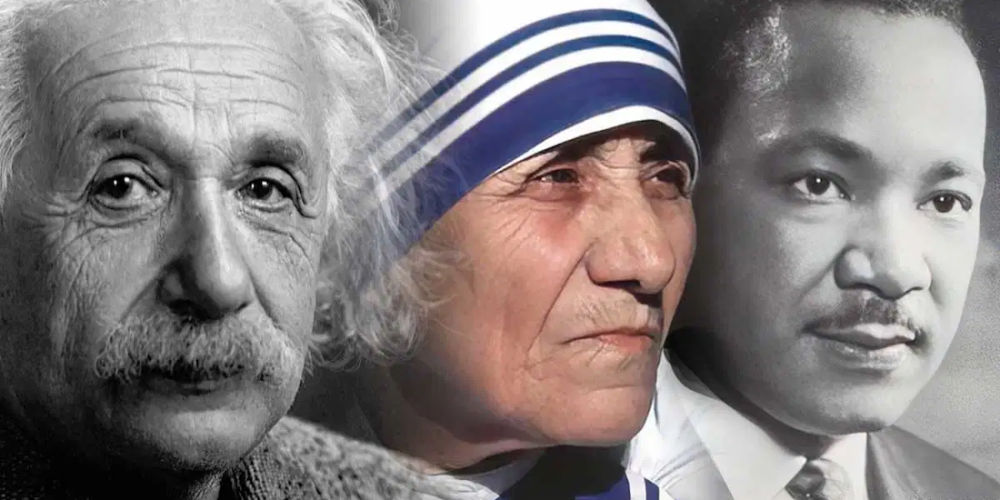
Trump’s Path to Oslo: Diplomatic Wins or Political Theater?
The nominations themselves are a masterclass in geopolitical maneuvering. Pakistan was first, in June 2025, praising Trump’s “stellar diplomacy” in de-escalating border tensions with India.
Cambodia followed in August, crediting him with halting a potential refugee crisis through economic aid packages worth US$500 million (KHR 2 trillion).
Israel, a steadfast ally, nominated him for expanding the Abraham Accords, normalizing ties with additional Arab states.
Armenia and Azerbaijan‘s joint endorsement post-summit was unprecedented, as was Gabon‘s for U.S. support in post-coup stabilization. Rwanda cited Trump’s advocacy for African infrastructure investments, totaling US$1 billion (RWF 1.3 trillion) in grants.
Each nomination, submitted by heads of state to the Norwegian Nobel Committee, underscores Trump’s narrative of being a peacemaker, despite domestic controversies like the January 6, 2021, Capitol riot.
Yet, the irony peaks here. Trump, who once mused about Nobel aspirations during a 2019 Davos speech, has amplified these endorsements on social media, declaring, “The pressure’s on Norway!”
His critics, including former U.N. ambassadors, decry it as self-promotion, pointing to his withdrawal from the Paris Climate Accord and Iran Nuclear Deal as peace-undermining moves.
The Broader Implications: Peace, Patriarchy, and Paradox

What does this mean for global affairs?
On one hand, it highlights how peace prizes can become tools of soft power, with nominators potentially seeking favorable U.S. trade deals or military aid. Armenia, for example, received US$100 million (AMD 39 billion) in humanitarian aid post-nomination.
On the other, it exposes the hypocrisy in pursuing peace while sidelining half the population from leadership.
Studies from the Council on Foreign Relations indicate that women’s inclusion in peace processes increases agreement durability by 35%.
By nominating Trump—a leader whose cabinet featured only 26% women—these nations perpetuate cycles of exclusion.
In the end, whether Trump wins the prize, announced in October 2025, remains uncertain. But this episode serves as a satirical mirror to our world: where male-dominated, war-torn states hail a polarizing figure as a beacon of peace. Perhaps the true prize lies in recognizing the absurdities that bind us.
Summary
The seven nations of Armenia, Azerbaijan, Cambodia, Gabon, Israel, Pakistan, and Rwanda—each without a female head in modern history and scarred by violence—have ironically nominated U.S. President Donald Trump for the Nobel Peace Prize. Citing his diplomatic interventions, they overlook shared patriarchal legacies and Trump’s controversial style, highlighting paradoxes in global peace efforts.
#TrumpNobel #PeacePrizeIrony #GlobalDiplomacy
#PatriarchalPolitics #ConflictResolution
TAGS: Trump, Nobel Peace Prize, Armenia, Azerbaijan, Cambodia, Gabon,
Israel, Pakistan, Rwanda, gender equality, international relations, diplomacy
